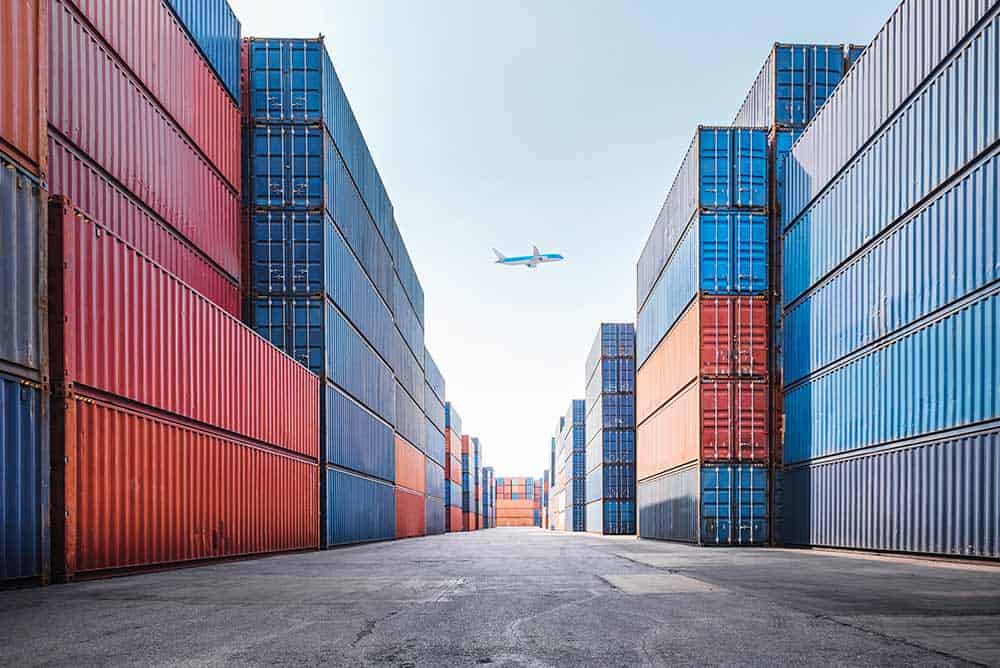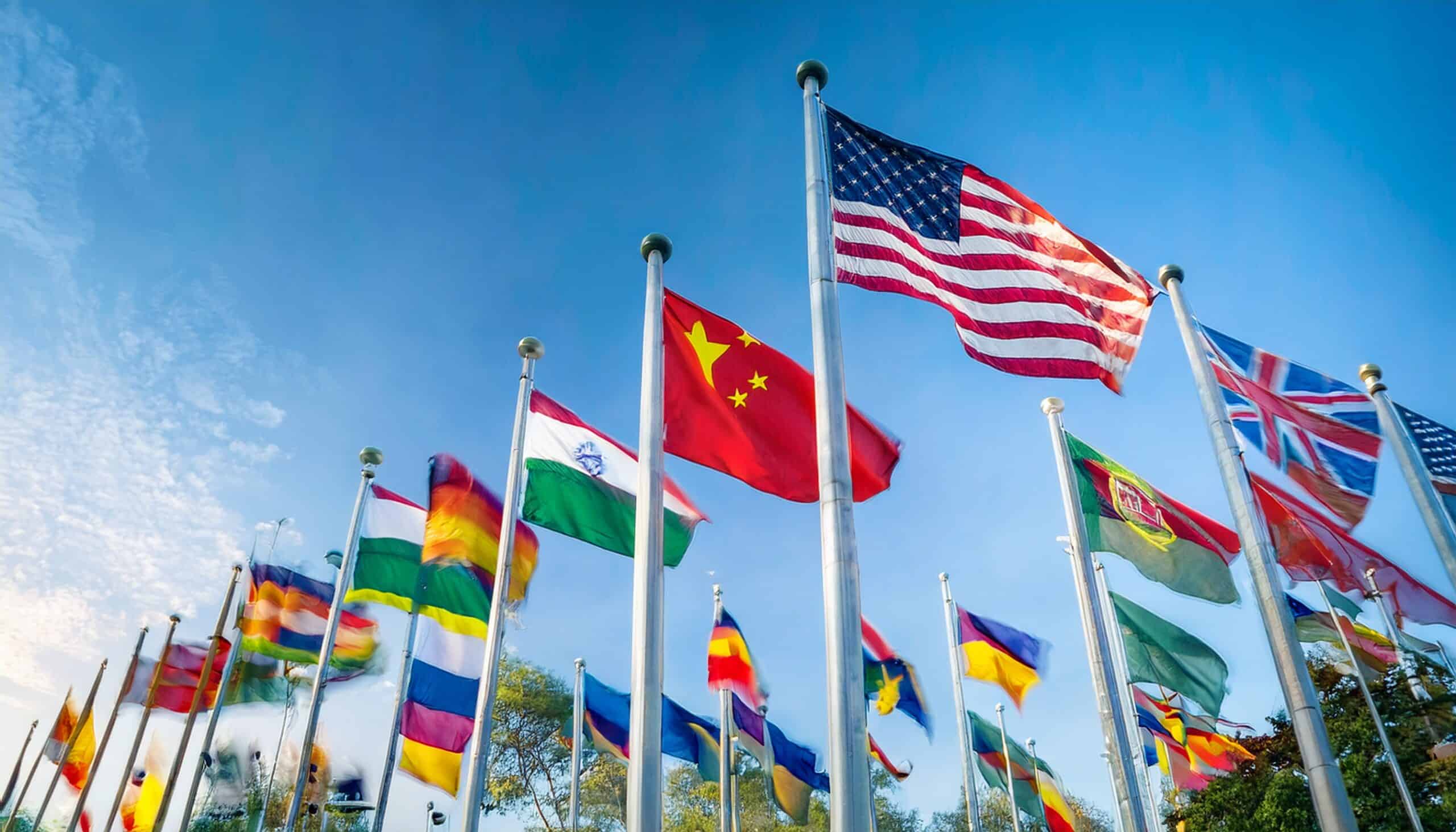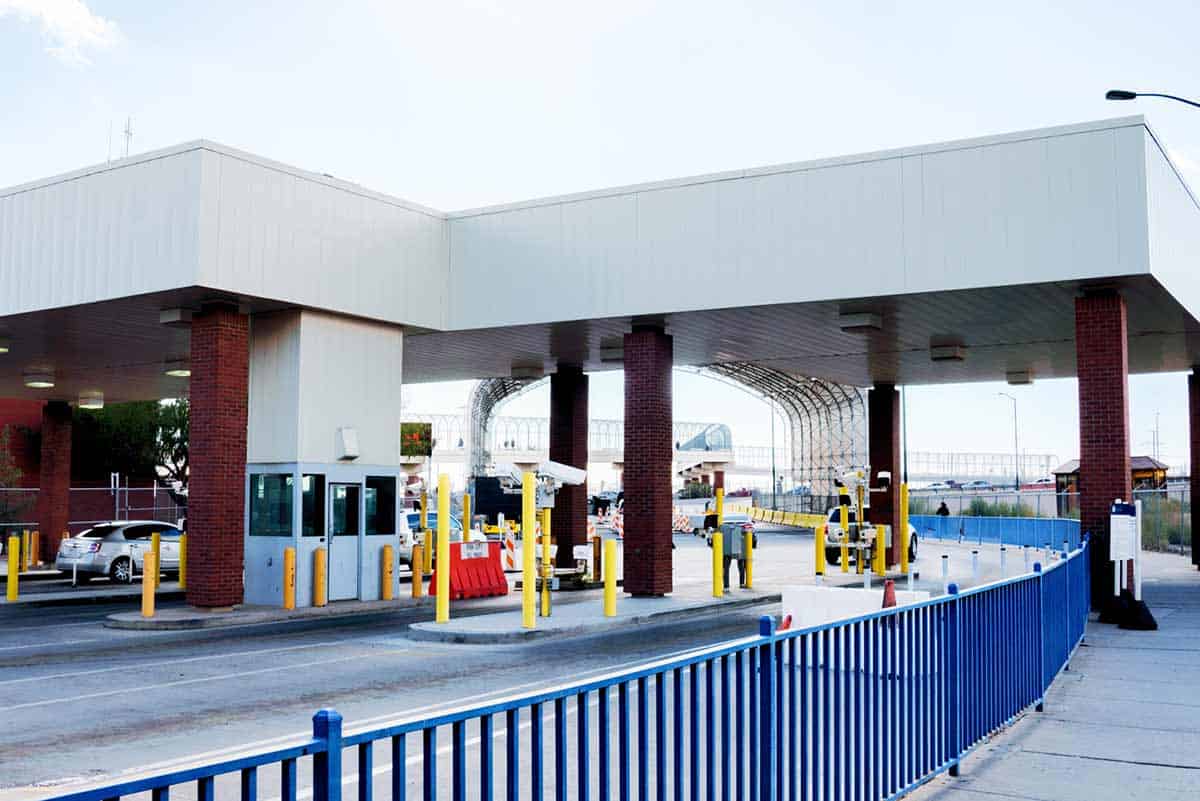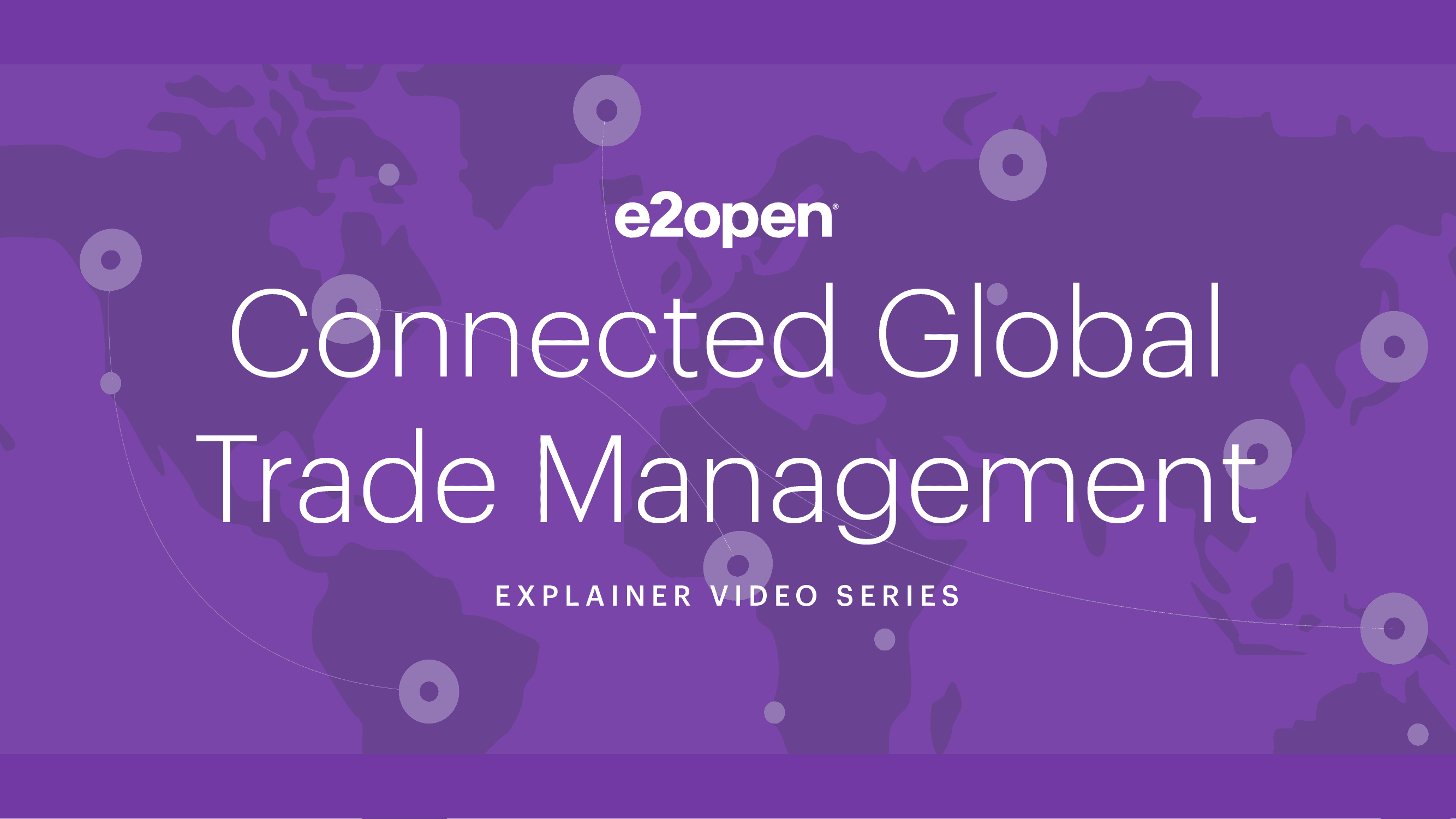Global Trade Management Software: Import and Export Efficiently with AI
Plan, optimize, and execute global trade with ease
Export and import with confidence. Reduce the cost of goods sold by using time-saving capabilities to leverage trade agreements and duty savings programs. Everything you need for automated global trade—including customs declaration self-filing capabilities—is in a single platform, backed by the world’s most comprehensive and current trade content database to help ensure regulatory compliance.
Browse global trade applications
Trade confidently in full compliance
Win despite all the ongoing regulatory changes. By managing every aspect of global trade on a single platform and relying on the most comprehensive, up-to-date trade content available, you can centralize and standardize processes while reducing your risk of cross-border non-compliance. Automation helps you efficiently leverage trade agreements and other duty savings programs to cut costs at the same time.
Decision-grade data and streamlined compliance processes
Utilize current, comprehensive data for cross-border transactions. Dramatically reduce the risk of non-compliance and avoid delays at the border, criminal liability, and fines.
One convenient place to manage global trade
Find everything you need to efficiently and cost-effectively manage global trade on one collaborative platform with partner network access, best-in-class applications, and a streamlined user experience.
Collaboration across a vast global network
Access e2open’s extensive worldwide network of trading partners and exchange current, relevant information seamlessly using powerful collaboration tools and services.
Key to handling complexities and high costs
Navigate the unexpected, standardize processes, save time, and address escalating costs by using automation for trade agreements and duty savings.

AI-powered global trade:
Transforming compliance operations for
the modern enterprise
Faster performance, greater automation, reduced manual work.
Product classification automation
Easily determine accurate HS codes and tariff classifications using AI that learns your product nomenclature and an interactive agent to reduce manual guesswork and quickly adapt to regulatory changes.
Enhanced due diligence screening
Screen against 900+ global restricted party lists using unstructured data and local names. We automatically map data inconsistencies transliteration of localized names against global data sources for you to ensure compliance.
Intelligent trade guidance
Ask our global trade agent specific questions for instant, actionable answers to help you easily navigate trade compliance requirements.
Unstructured document processing
More than Optical Character Recognition (OCR), we extract relevant data from unstructured documents into structured formats to reduce manual effort and improve data accuracy.
Product classification automation
Easily determine accurate HS codes and tariff classifications using AI that learns your product nomenclature and an interactive agent to reduce manual guesswork and quickly adapt to regulatory changes.
Enhanced due diligence screening
Screen against 900+ global restricted party lists using unstructured data and local names. We automatically map data inconsistencies transliteration of localized names against global data sources for you to ensure compliance.
Intelligent trade guidance
Ask our global trade agent specific questions for instant, actionable answers to help you easily navigate trade compliance requirements.
Unstructured document processing
More than OCR, we extract relevant data from unstructured documents into structured formats to reduce manual effort and improve data accuracy.
Interested in learning more? Explore how you can leverage automation and AI in your global trade strategy by clicking the link below.
100%
Savings on taxes and duties
5%
Margin improvement
$40M
In annual duty savings
E2open's Import Cost Calculator
Quickly simulate the duty impacts of tariffs on your trade lanes and identify FTAs for cost savings.

Global Trade Management Newsletter

Establish complete compliance while saving time and reducing your cost of goods.


